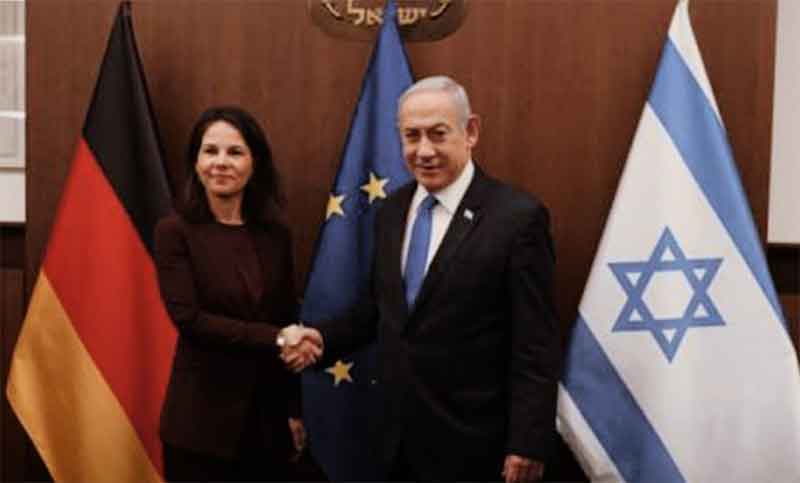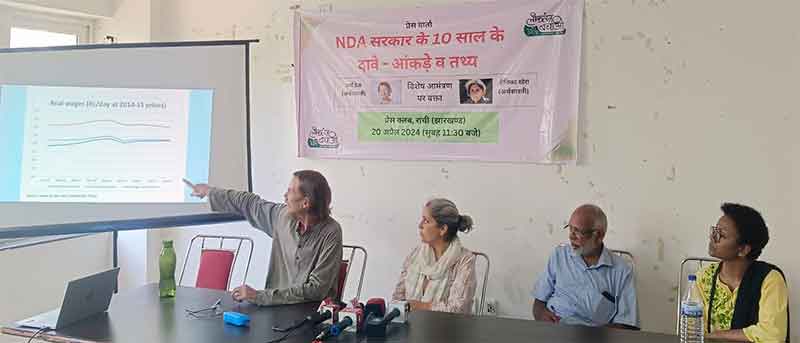
Once the fixated adoration with the late Queen Elizabeth II starts cooling, the accountants of public welfare and decency will be stunned to realise the costs and wealth associated with the royal institution. Her successor, Charles III, is continuing in that vein, a jarring note of wealth and pomp even as prices rise and the hefty bills for citizens (should we say subjects?), bite.
The argument that the monarchy makes money for the British state and others in the Commonwealth starts to seem shallow the more one looks at the accounts and the standing of the institution. But nonetheless, individuals such as Charles Scarlett-Smith, director of Brand Finance Canada, could only see the Queen in terms of beneficial dollars and cents. “When we’re thinking about Queen Elizabeth II’s brand, we really are being synonymous with the royal family and the monarchy.”
In June 2022, accounts for the Sovereign Grant, which cover funds for the official monarch and the household’s official expenses, was £86.3 million for the 2021-22 year. Official expenditure came in at greater than the Sovereign Grant and supplementary income earned – a net expenditure amount of £102.4 million. This registered an increase of 17% from the previous year. Much of the inflation came from the reservicing of Buckingham Palace.
The Keeper of the Privy Purse, Sir Michael Stevens, made the following observation: “The year covered in the report reflects some return to normality in many ways for the Royal Household with physical engagements, travel and inward visits by Heads of States undertaken.”
What can be expected of the new monarch? In terms of cash and assets, the picture is bewilderingly archaic and expansive. Even before coming to the throne, Charles had developed the Duchy of Cornwall, a creation of Edward III in the 14th century, into a spanning corporate enterprise, with the aid of a team of managers, worth $US1.4 billion. The amount was such as to edge out the Queen’s own private portfolio worth US$949 million. These figures are dwarfed by assets of the whole royal family (Forbes estimates the amount at US$28 billion), which say nothing about the actual scale of personal wealth.
On the surface, the Duchy’s punchy economic success might suggest aptitude, thrift and industry on the part of Charles. But this ignores the insulated benefits and encouragements granted the royal family, and, in particular, the Duchy of Cornwall.
The Duchy in question, like much of the royal family, is an odd beast of history. Only 13 per cent of the duchy’s 135,000 acres is located in Cornwall itself. Other estimates range from Kevin Cahill’s assessment of 141,000 acres arrived at in his 2001 work Who Owns Britain and Ireland, and one offered by National Geographic: 135,526 acres.
The rest is dispersed across 23 counties in England and Wales, with the heaviest concentration in the South West. In the county itself lie a number of housing developments, much luxury holiday accommodation, monuments and estuaries, the latter dedicated to business, recreation and fishing purposes.
Other ownings include The Oval cricket ground, with Surrey County Cricket Club being the sole leaseholder since 1874, and a number of residential and commercial properties both in and outside London. “With these remaining properties,” says the Duchy of Cornwall’s website, “the Duchy operates a policy of retention. In other words, it refurbishes and re-lets rather than selling a property if a vacancy arises.” The current commercial portfolio of 18 properties is valued at £124 million.
In its constitution, the Duchy is a creature of medieval dimension. It is not a company and is therefore exempt from Corporations Tax. Nor is it a public body, despite being accountable to Parliament and the Treasury. While it is subject to requests under the Environmental Information Regulations, it is immune to the workings of Freedom of Information laws. With such opacity of financial arrangements at work, the heralded money-making talent of the new king looks somewhat misplaced.
With the Queen’s passing, the tradition of the handout and the gift again comes into play. There will be no inheritance tax, something common citizenry are not exempted from. We will not know for decades what her will disposed of, but to Charles go the private estates such as Balmoral in Scotland, and Sandringham, where Royal Studs, the horse farm, is located. Then comes the vast private collection of jewellery, art, the treasured stamp collection and a number of personal investments, which come to the value of US$500 million.
The new monarch has also had money issues of another nature. Last year, Norman Baker, who was Home office minister for crime and prevention between 2013 and 2014, revealed that he had written privately to the head of London’s Metropolitan Police Force and filed a complaint against Charles on the issue of awarding an honour to a donor. The Saudi businessman in question, Mahfouz Marei Mubarak bin Mahfouz, is said to have donated over £1.5 million to Charles’ Scottish charities.
Graham Smith, CEO of the activist group Republic, also filed a complaint against Charles along the same lines: that both he and his close aide and former valet, Michael Fawcett, had allegedly breached the Honours (Prevention of Abuses) Act 1925. In the peculiar world of royal family relations, Fawcett made himself indispensable as chief squeezer of toothpaste onto the royal toothbrush when required. “I can manage without just about anyone, except for Michael,” Charles once stated.
A published email from Fawcett to an aide of bin Mafouz, written in 2017 as chief executive of the Dumfries House Trust, promised, “In light of the ongoing and most recent generosity of His Excellency… I am happy to confirm to you, in confidence, that we are willing and happy to contribute to the application for Citizenship.” An effort would also be made to apply “to increase His Excellency’s honour from Honorary CBE to that of KBE in accordance with Her Majesty’s Honour’s Committee.”
Charles, for his part, denies having any knowledge of the scheme, something considered risible by Baker. “The idea that Fawcett was running a rogue operation without telling [Charles] is simply unbelievable.” The issue of royal money and its inscrutable mysteries is unlikely to go away.
Dr. Binoy Kampmark was a Commonwealth Scholar at Selwyn College, Cambridge. He currently lectures at RMIT University. Email: [email protected]









































